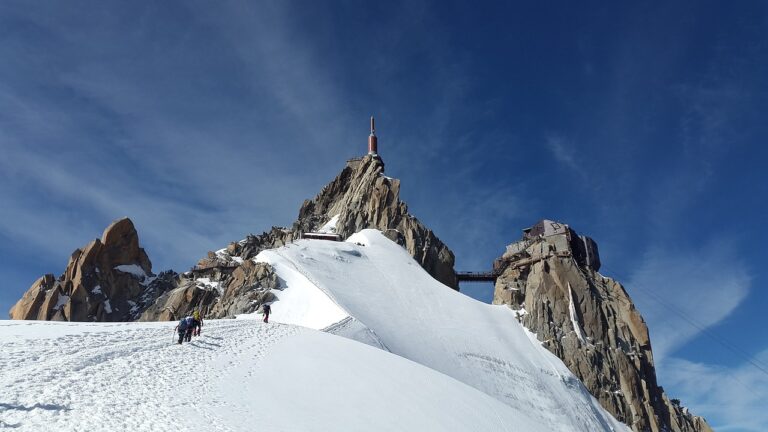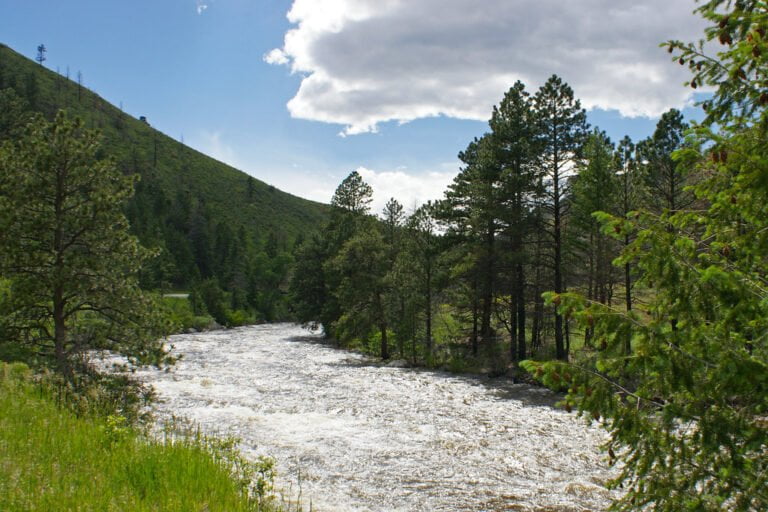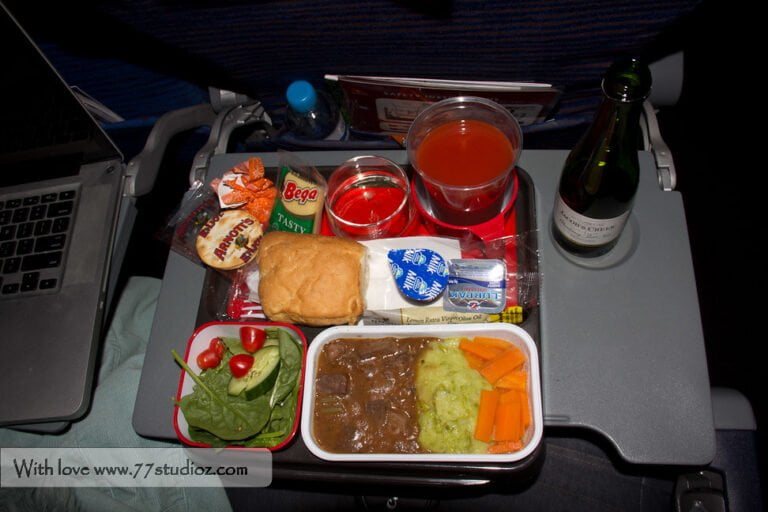What Is the Psychology of Backpacking?
Backpacking is an intricate dance between freedom and uncertainty, where individuals surrender to the unpredictability of the trail, shed social expectations, and tap into their resilience and resourcefulness to discover new facets of themselves. As they venture into the unknown, they crave human connection, experience a sense of self-discovery, and confront personal fears. This transformative journey is driven by a desire for liberation from routine and a yearning for meaningful interactions. As the trail unwinds, backpackers are left with a lingering nostalgia for adventure and a deeper understanding of themselves, beckoning them to continue exploring the uncharted territories of their own psyche.
The Thrill of Uncertainty
Setting out on a backpacking trip often means surrendering to the unpredictable, as the thrill of uncertainty becomes a palpable force that fuels the adventure. This uncertainty can manifest in various ways, from traversing unfamiliar terrain to adapting to changing weather conditions. Embracing this unpredictability allows backpackers to tap into their innate resilience and resourcefulness, as they learn to problem-solve and think on their feet. By surrendering to the unknown, backpackers can experience a sense of liberation and freedom, unshackled from the constraints of daily routine. This thrill of uncertainty is a key aspect of the backpacking experience, as it challenges and transforms individuals in profound ways.
Escaping Social Expectations
One of the most profound aspects of backpacking is the opportunity to shed the burden of social expectations, allowing individuals to redefine their sense of self and purpose in the absence of external pressures. Without the weight of others' opinions, backpackers can venture into new identities and interests, free from the constraints of societal norms. This liberation can manifest in various ways, including:
- Embracing unconventional hairstyles or fashion choices, no longer bound by traditional beauty standards.
- Pursuing unconventional career paths or hobbies, untethered from expectations of family or friends.
- Forming unique connections with fellow travelers, unencumbered by preconceived notions of social hierarchy.
Freedom From Routine
As backpackers break free from the shackles of social expectations, they also find themselves unmoored from the monotony of daily routine, leaving behind the comfort of familiarity and embracing the thrill of uncertainty. This liberation from routine allows them to rediscover their sense of spontaneity and flexibility. Without the constraints of a predetermined schedule, they can indulge in serendipitous encounters, venture into hidden gems, and surrender to the rhythm of the road. As they shed the weight of routine, they uncover a deeper connection with themselves and the world around them, finding joy in the unplanned and the unknown. This freedom from routine is a potent catalyst for personal growth, creativity, and self-discovery.
Craving Human Connection
In the midst of solo travel, backpackers often find themselves yearning for meaningful interactions and authentic relationships, driven by a fundamental human need for connection and community. This craving for human connection can manifest in various ways, such as:
- Joining group tours or travel groups, which provide a sense of belonging and camaraderie with like-minded individuals.
- Frequenting social hostels, where travelers can share stories and advice around the dinner table or during lively game nights.
- Participating in local volunteer work, allowing backpackers to engage with locals and fellow travelers while giving back to the community.
Sense of Self-Discovery
Through the immersive experiences and challenges that come with backpacking, travelers often unearth new facets of themselves, revealing hidden strengths, weaknesses, and passions that may have remained dormant in their daily lives. As they navigate unfamiliar terrain, backpackers are forced to rely on their own resourcefulness, adaptability, and resilience, leading to a deeper understanding of their capabilities and limitations. This process of self-discovery can be profoundly empowering, as travelers realize they are capable of overcoming obstacles and pushing beyond their comfort zones. As they reflect on their experiences, backpackers often develop a more nuanced and authentic sense of self, characterized by increased confidence, self-awareness, and a greater sense of purpose.
Fear of Missing Out
Beyond the thrill of exploration, backpackers often grapple with the anxiety of leaving experiences untried, destinations unvisited, and memories unmade, a fear that can be overwhelming and all-consuming. This fear of missing out (FOMO) can manifest in different ways, making it challenging for travelers to fully immerse themselves in the present moment.
- The pressure to see everything: Feeling compelled to visit every popular attraction, trying every local dish, and exploring every hidden gem can lead to exhaustion and stress.
- The anxiety of social media: Seeing friends and fellow travelers' posts on social media can create unrealistic expectations and a sense of inadequacy if one's own experiences don't measure up.
- The fear of regret: The thought of returning home and wondering "what if" can haunt backpackers, making it difficult to appreciate the experiences they are having.
Nostalgia for Adventure
As the initial excitement of exploring new territories begins to wane, a subtle yet profound shift in perspective often occurs, where backpackers start to romanticize their past adventures and yearn for the thrill of the unknown. This nostalgia for adventure is a natural response to the inevitable settling of dust on the trail. As the daily routine of travel becomes more familiar, the mind begins to wander back to the thrill of discovery, the rush of adrenaline, and the sense of accomplishment that comes with overcoming challenges. This wistful longing can be a powerful motivator, driving backpackers to plan their next adventure, seek out new experiences, and continue to push beyond their comfort zones.
Overcoming Personal Fears
Embracing the unknown can be a formidable task, especially when it requires confronting deep-seated personal fears that have long held travelers back from fully immersing themselves in the backpacking experience. For many, the thought of venturing into the wilderness alone or traversing unfamiliar territories can evoke feelings of anxiety and apprehension. However, it is in these moments of vulnerability that backpackers can discover their greatest strengths.
- Gradual Exposure: Gradually expose yourself to the feared situation, starting with small, manageable steps.
- Positive Self-Talk: Replace negative self-talk with positive affirmations, focusing on your abilities and strengths.
- Support Systems: Surround yourself with supportive individuals who can offer encouragement and guidance.



